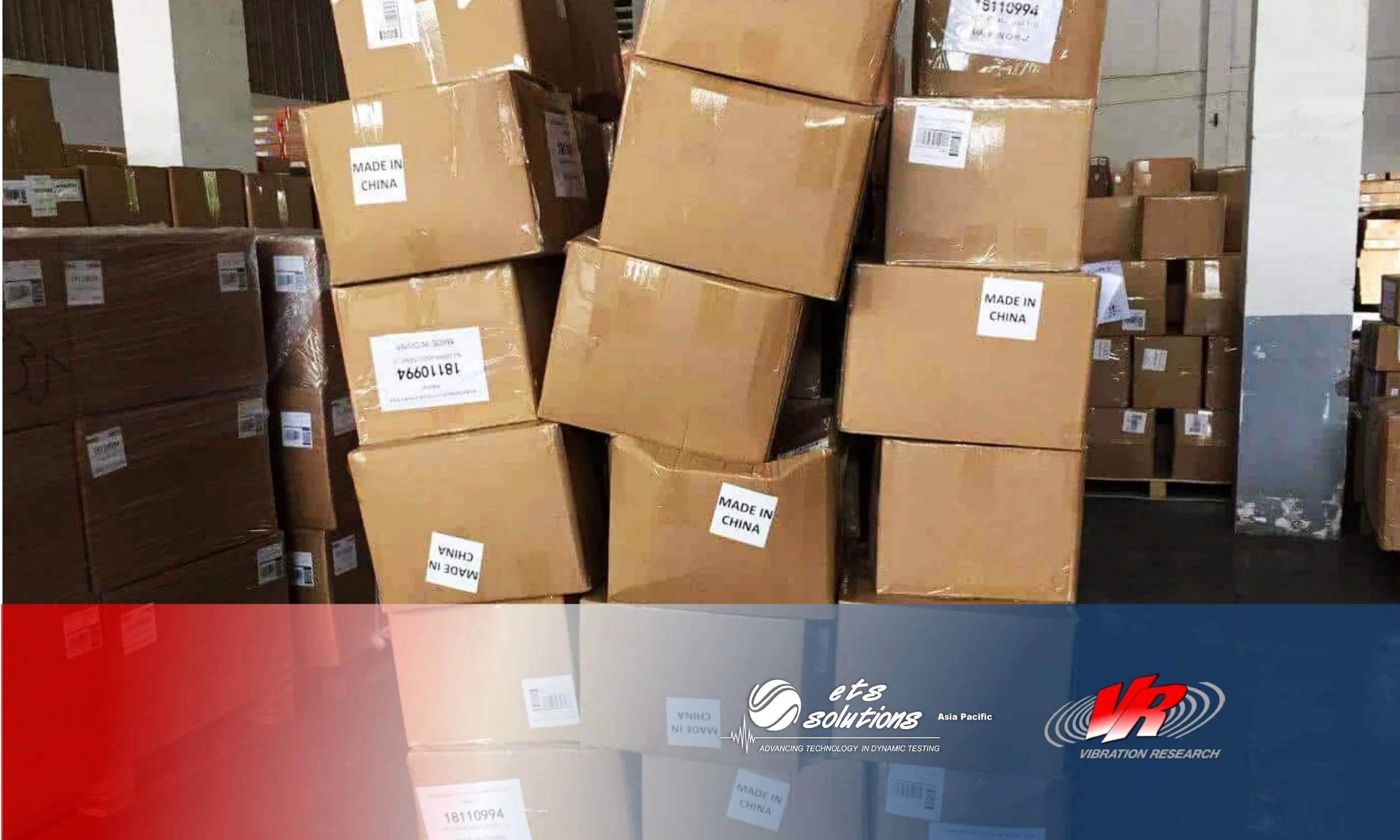The interior noise of a vehicle has a significant impact on the customer experience. Any noise outside the norm can raise concerns and discredit the company’s reputation. Engineers have a solid understanding of the noise requirements for internal combustion engine (ICE) vehicles, but electric vehicles (EV) require new standards. As EVs do not have an engine that makes noise, many normal vehicle disturbances are now audible to the passenger.
Drop Shock Testing for Products and Packaging
Many products will experience shock vibration during shipping and handling or in use. These shocks may be infrequent, such as an accidental drop or repetitive, as with transportation over rough road conditions. Vibration test engineers use shock testing to simulate these conditions in the lab and confirm the structural integrity of the device.
FAQ: About Calibration Services
Do you have any questions on calibration services? Answers can be found in our FAQ. Calibration is to identify the accelerometer’s frequency response. Overtime the sensitivity of the sensor may drift, resulting a change in response of the sensor, in turn affecting the test accuracy. From the calibration, the data provided in the certificate can be used to calculate the overall test uncertainty.
Different Types of Calibration
Measurement equipment calibration can be carried out on different types of instruments across different sectors. Electrical calibration refers to the process of verifying the performance of any instrument that measures or tests electrical parameters such as: voltage, current, resistance, inductance, capacitance, time and frequency. Mechanical instruments are subject to drift due to regular usage, mechanical shock and exposure to varying atmospheric conditions, as such mechanical calibration is needed.
The benefits of An Accredited Calibration Services Laboratory
The benefits of calibration include improving safety as well as saving money and increasing profitability by avoiding the costs of false acceptance and rejection of products, increasing production efficiency, and extending the life of the equipment. Since the standards of accredited calibration labs are set really high, you can be confident of the accuracy levels of the calibrations.
Factors That Affect The Accuracy of Measurements
Instrument calibration ensures that the instruments perform with high accuracy without compromising the final quality of the product. They perform best when they are calibrated following the manufacturers’ recommendations. Several factors may affect calibration, which will further affect the end quality, rendering the objective of calibration useless. Three of these factors are discussed in this article.












